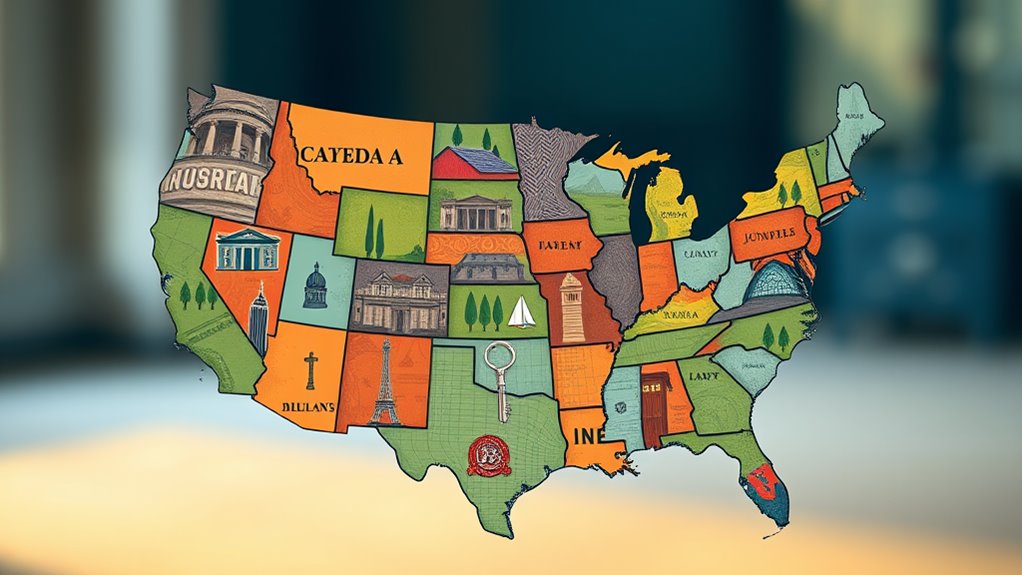If you don't own a vehicle but still need liability coverage, finding your way through the world of non-owner insurance can be tricky. Each state has its own minimum coverage requirements and regulations that you must understand to stay compliant. Knowing these details not only helps you avoid penalties but also guarantees you're adequately protected in case of an accident. Are you aware of your state's specific requirements and options? Let's explore what you need to know.
If you find yourself driving without a car, understanding non-owner insurance is vital for maintaining legal compliance and protecting yourself financially. Non-owner car insurance provides liability coverage for individuals who don't own a vehicle, which can be particularly useful if you frequently use car-sharing services or rent vehicles. This type of insurance typically includes bodily injury and property damage liability, but you should know that it doesn't cover collision or all-encompassing damages.
One of the main reasons you might need non-owner insurance is if you require an SR-22 form. This is often mandated for individuals with a history of driving infractions. Even if you don't own a vehicle, having a non-owner policy helps you meet this requirement while guaranteeing you're covered in case of an accident. Additionally, if you're an occasional driver or frequently rent cars, this insurance serves as a smart safety net, offering coverage beyond what typical rental agreements provide. Non-owner SR-22 insurance is specifically designed to support individuals in these situations.
Non-owner insurance is essential for those needing an SR-22 and provides valuable coverage for occasional drivers and renters.
The key features of non-owner policies include liability coverage for bodily injury and property damage, and sometimes, you can opt for additional coverages like uninsured or underinsured motorist protection and medical payments. Importantly, these policies follow you as the driver rather than the vehicle itself, which means you'll be protected when you're driving someone else's car too. No deductibles apply for claims under a non-owner policy, making it a straightforward option for those who want to maintain financial responsibility.
Most states have minimum coverage requirements for non-owner insurance, and these vary widely. You need to verify your policy meets the minimum liability coverage standards specific to your state, which typically includes both bodily injury and property damage. It's imperative to familiarize yourself with your state's requirements to avoid penalties or fines, as compliance is mandatory. In some states, you might even find that higher coverage limits are advisable for additional protection. A security service is in place to protect the website from potential threats, which is similar to how non-owner insurance protects you while driving.
Comparing non-owner insurance to traditional auto insurance, you'll notice that non-owner policies generally cost less. They focus solely on liability, without the added expense of collision and all-encompassing coverage. However, be aware that these policies usually only cover you as the driver, not other family members, which can limit your overall insurance protection.
When it comes to purchasing non-owner insurance, you have options. Major insurers and specialized providers typically offer these policies. It's wise to shop around and compare premiums, as they can vary greatly between companies. You'll also want to verify that any insurer you consider is licensed to operate in your state, which guarantees compliance with local laws and regulations. An independent insurance agent can help guide you through your options and find a suitable policy that meets your needs.
Conclusion
Maneuvering the world of non-owner insurance can feel like steering through a maze, but understanding your state's specific requirements makes the journey smoother. With this guide, you're equipped to find the right coverage that not only meets legal standards but also protects you in case of accidents. So, take the wheel and drive confidently, knowing you've got the coverage you need, no matter where you are in the U.S. Your peace of mind is just a policy away.

